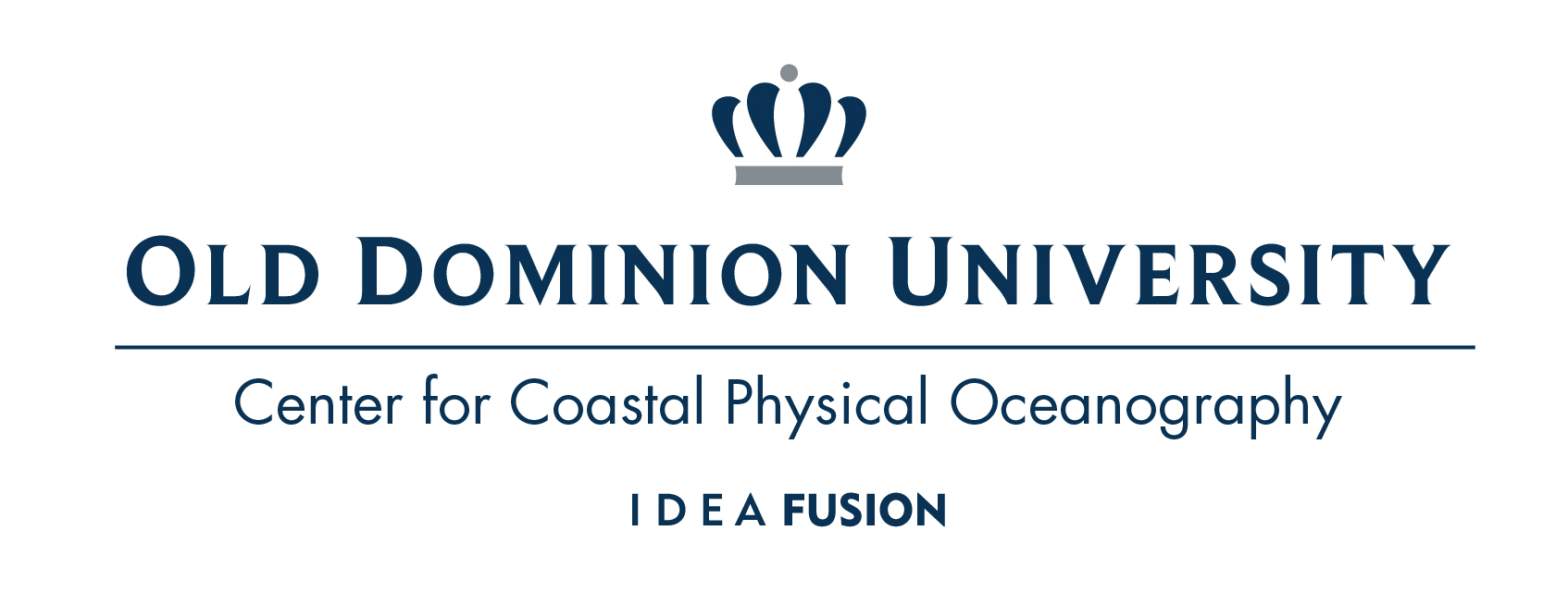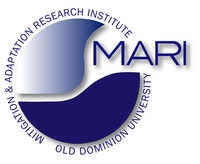

The Amundsen Sea hosts the most productive polynya in all of
coastal Antarctica, with its vibrant green waters visible from
satellites. Despite being about as far as you can get from human
civilization, it is also one of the global regions most vulnerable to
climate change, experiencing rapid losses in both sea ice cover and the
nearby western Antarctic ice sheet. Here I will report on the results
from
the Amundsen Sea Polynya International Research Expedition
(ASPIRE) that investigated the processes responsible for this high
productivity and the fate of the bloom, with an eye towards predicting
how this system will respond to further change. A new Special Feature
in the journal, Elementa,
(https://home.elementascience.org/special-features/aspire-the-amundsen-sea-polynya-international-research-expedition/)
is the first full-team effort to report individual findings and synthesize
our results into a complete picture of this extraordinary ecosystem.
Currently there are 10 papers published and 4 more in progress. We show a
tight connection between the melting ice sheet and the provision of iron to
support the phytoplankton productivity. Carbon budgets show the region to
be an extraordinary CO2 sink from the atmosphere. Another key
variable, however, is the changing seasonal sea ice, which is also important
to the ecosystem function. Computer simulations (numerical models) are
needed to tease apart the net impact of these two interacting climate
sensitivities. It remains to be seen whether an increase in the rate of
melting predicted for the ice sheet will increase delivery of iron to the
polynya and increase phytoplankton productivity and carbon sequestration. A
synthesis and modeling collaboration ("INSPIRE") began this year with
oceanographers from ODU.
Dr. Patricia L. Yager earned her Ph.D. from the University of Washington and is an Associate Professor at the University of Georgia, Department of Marine Science. Her research investigates how climate and climate-driven processes affect marine biota. She focuses especially on the climate-sensitive carbon cycling that may feedback to climate change by altering the amount of CO2 taken up by the ocean. Her work has led her to study the Arctic, the Antarctic, and the Amazon River plume ecosystems. As the primary agents for carbon and nutrient cycling, marine microorganisms are the focus of her research and her approach straddles both biological and chemical oceanography, with measurements and modeling of microbial activity and the ocean's carbonate system.

|
CCPO Innovation Research Park Building I 4111 Monarch Way, 3rd Floor Old Dominion University Norfolk, VA 23508 757-683-4940 |

|